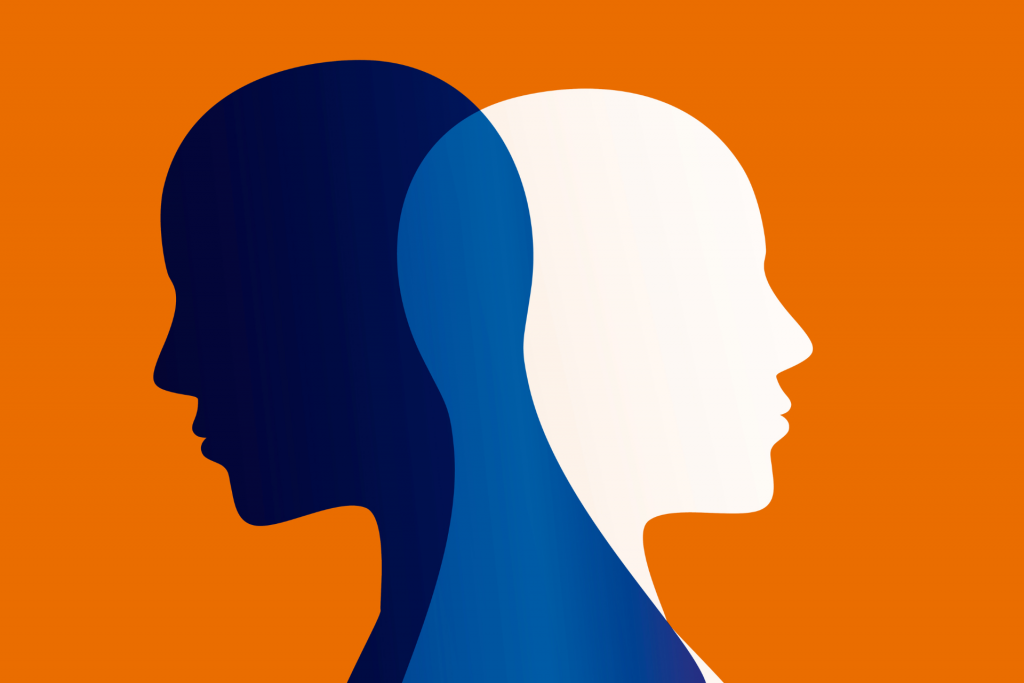It is a commonly held belief that happy people lead longer and healthier lives.
So if you are unhappy, you’re often made to feel guilty about the consequences of how your unhappiness will impact your health, thereby making life more stressful.
But here’s the catch: all those with sunny outlooks are winding downhill while the grumpy cynics are on their pathway to success.
BBC Future‘s Zaria Gorvett offers a refreshing reality check against the constant exhortations to be positive and the frenzied pursuit of happiness in our society. This article shows that cynics are superior negotiators, better at decision-making, and less susceptible to heart diseases. They also tend to have stable marriages, live longer lives, and earn more than their optimistic counterparts.
Embrace the spirit of grumpiness
Anger, sadness and pessimism has evolved and were adapted overtime to help human thrive and achieve success. Research conducted by Matthijs Baas from the University of Amsterdam found that students who are angry are more creative and possess original ideas.
“Anger really prepares the body to mobilise resources – it tells you that the situation you’re in is bad and gives you an energetic boost to get you out of it,” says Baas. Thus it is easy to see how turning into a mad genius in a fight or flight situations can sometimes be life-saving.
The pervasive belief that stress and unhappiness caused illnesses is ancient. Being grouchy or stressful does not lead to the shortening of one’s life or cause heart diseases. Suppressing the negativity, on the other hand, increase the risk of heart attack by nearly three-fold.
A study shows that aggression can be a tool to better bargaining skills. Anger may yield more concessions and increased our physical strength in the eyes of our opponents at the negotiating table.
“When a person appears happy or calm, negotiators tend to stand firm and make higher demands and smaller concessions to maximize their own benefit,” says lead researcher Gerben A. van Kleef.
The perils of happiness
There is a dark side to happiness as well. During levels of positive emotions, we tend to be complacent and our comfort with the environment interferes with our ability to identify threats. As we ‘let the good times roll”, we lose the ability to pay attention to detail and trapped in activities such as binge drinking, overeating and unsafe sex.
Professor Joseph Forgas, who has been studying how emotions affect our behaviour for nearly four decade states that, “Negative moods indicate we’re in a new and challenging situation and call for a more attentive, detailed and observant thinking style.” In line with this study, people in positive moods are generally more gullible. Additionally, the study found those in negative moods were better at communicating, particularly through writing.
Looking at your glass half empty
One of the most cliché saying when someone expresses worry is “Just think positive!” However, there is a flipside to turning the frown upside down.
As the leading researcher of a concept called “Defensive Pessimism”, Dr. Julie Norem from Wellesley College found that trying to force positivity is rather a bad strategy for the truly anxious. This is because optimist don’t plan for the downside. When people are being defensively pessimistic, they are better prepared as they constantly think through what exactly might go wrong and whip up a plan to avoid disaster. Hence defensive pessimism suggests that imagining and planning for the worst case scenario can be more effective than trying to think positively.
As George F. Will sums it eloquently, the nice part about being a pessimist is that you are constantly being either proven right or pleasantly surprised.
So when you are made to feel guilty for being anything other than perpetually cheerful, “Don’t Worry, Just be Grumpy.”
Call for free consultation today:
Gaston +6012 383 7089
Fareed +6011 3992 5201









